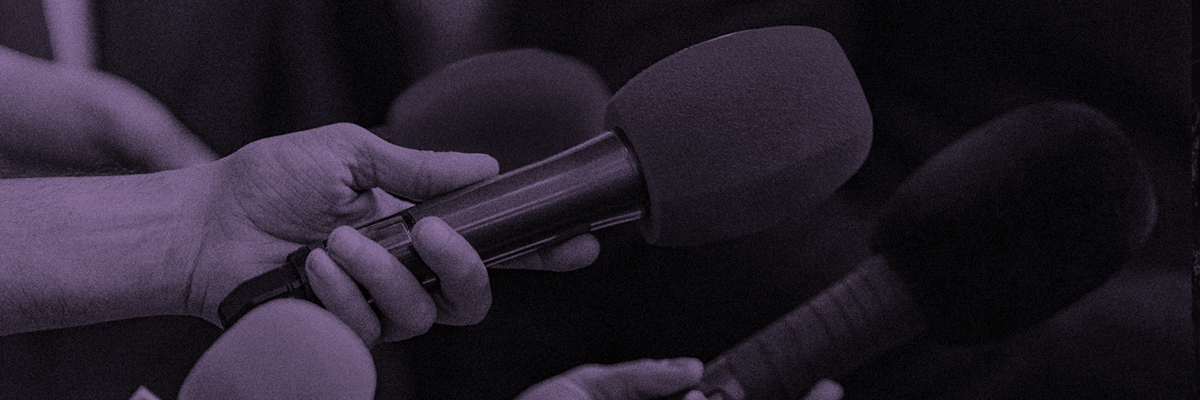Electrical safety at Christmas
From faulty fairy lights to overloaded plug sockets, the festive season brings an increased risk of electrical accidents and fires in the home. This is the warning from new electrical safety champion, the Electrical Safety Council, in its bid to keep Britain safe this Christmas.
The charity warns that before attempting to outdo your neighbours with dazzling festive light displays, you should consider whether your old Christmas lights are still safe. Your existing lights may not be designed to contend with damp winter weather nor meet new rigorous safety standards. If in doubt about the quality of your lights, the safest and most sensible solution is to replace them from a reputable supplier.
Emma McCarthy director of the Electrical Safety Council said: "As you cannot see, hear or smell electricity, it's easy to get carried away at Christmas and forget the very real dangers of using electricity in the home. Always double check any electrical product for fraying or burn marks, think about low-level Christmas lighting that could attract the hands and mouths of little ones and always turn off appliances when you're not using them.
"A plug-in RCD, a safety device that can save lives by instantly switching off the power if there is a problem, makes a great stocking filler for under £10 and could save your family's life." said Emma.
Lights are not the only danger: Extension leads and adapters are also potential hazards, especially at Christmas. 40% of homeowners admit to using multi-extensions plugged into each other. Not only do extra wires create a tripping accident waiting to happen for young children, but extra sockets also offer an invitation to small prying fingers. To help reduce the risk of accidents, parents should apply socket covers to unused plugs and keep extension cables to a minimum.
One of the most common causes of electric shocks and electric fires in the home is the overheating of appliances. With all the additional appliances around at Christmas such as new CD players, game consoles and hair straighteners, the risk of leaving appliances to overheat is much greater. The Electrical Safety Council recommends limiting the number of appliances to the number of available sockets in a room and advises householders to turn off appliances when they are not in use.
The Electrical Safety Council stresses that electrical safety is important all year, not just at Christmas and to avoid problems, all electrical work should be carried out by an approved electrical contractor.
Top tips for a safe Christmas:
- Always check that your Christmas lights are not damaged or broken before use and look out for loose wires.
- Check that decorative lighting has a safety transformer. This reduces mains voltage to a safe level of about 12-24 volts.
- Even Christmas lights need a break - switch all lights off when you go to bed or go out.
- Ensure all outdoor lights are connected to a 30mA RCD protected mains. The RCD will provide added protection against electric shock.
- Make sure you know where your fusebox (consumer unit) is located so you can reach it quickly in emergencies.
- Ensuring your home has sufficient sockets at convenient points will avoid the danger of overheating and will minimise the need for hazardous extension leads and adaptors.
If you or your child does suffer from an electric shock - firstly make sure you switch off the electricity and remove the casualty from danger, then contact the emergency services.
For further information contact media@electricalsafetyfirst.org.uk
